Reduced local public transport
Most local public transport companies in the country will operate on a reduced timetable (also known as orari festivi) over the holidays.
But the quality and frequency of services during the Christmas break will vary significantly between rural and urban areas, as well as between cities.
Areas that are usually served by just the occasional bus may well see stripped-to-the-bone services over the Christmas holidays.
On the contrary, parts of the country that already have robust public transport networks tend to keep them fairly active over the holidays, including on key dates such as Christmas Eve and Christmas Day.
In most major cities, daytime services will run on a relatively standard timetable, whereas a number of ‘minimum services’ (servizi minimi) will run in the late hours of the evening and at night.
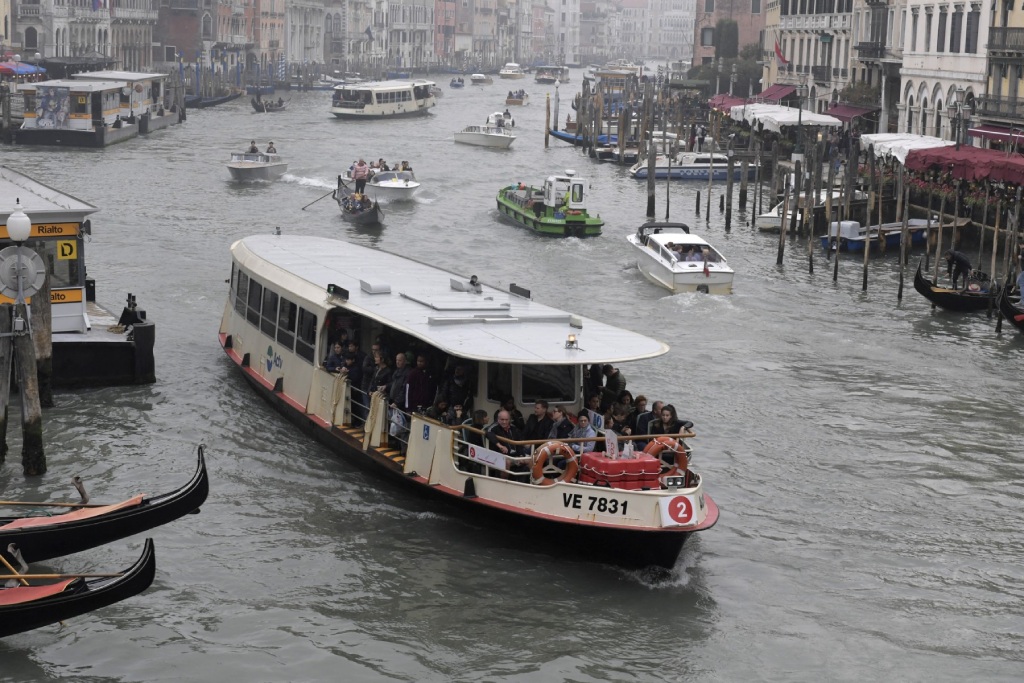
In Rome, all bus, tram and metro services should run as normal on Christmas Eve until 9pm, with night buses kicking in from 11.30pm. Public transport services should then run from 8:30am-1pm and 4.30pm-9pm on Christmas day.
READ ALSO: Is Italy’s public transport running over Christmas and New Year?
Milan’s full holiday timetable can be found at the following link, whereas Venice’s Christmas timetable can be found here.
As a side note, while Italy has been hit with a series of public transport strikes over the past few months, there’s not much chance of major strike action being announced over Christmas.
That’s because Italian law bans unions from organising strikes which could have an impact (even indirectly) on the air travel sector on busy travel dates (known as ‘exemption periods’), including the period from December 18th to January 7th.
Pricey rail travel
Regional and local trains around the country tend to run on fairly reduced timetables over the holidays, especially on Christmas Eve and Christmas Day, which is why passengers are advised to check the holiday schedules of the relevant rail operator well in advance.
These can usually be found on the operator’s website or social media channels.
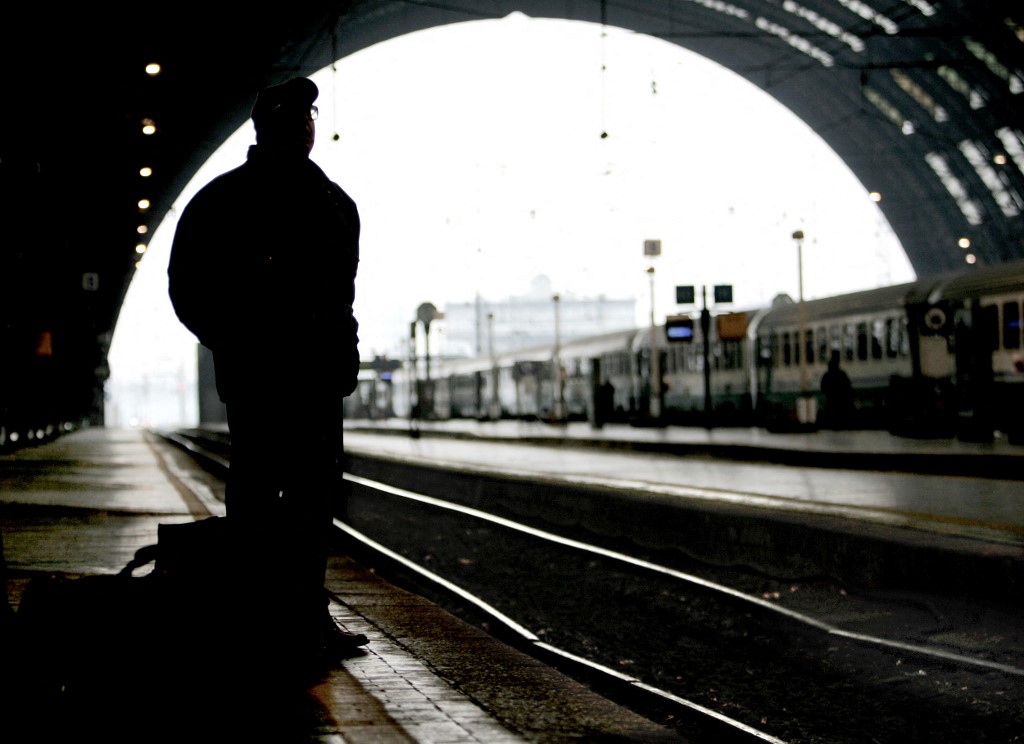
As for interregional and long-distance trains, they generally run on relatively standard timetables during the holidays, and even on Christmas Day itself you’ll find dozens of high-speed services connecting major Italian cities around the country.
But, while you may not have any trouble finding a train going from Rome to Milan or Milan to Florence over Christmas, tickets won’t come cheap.
According to a survey from consumer group Federconsumatori, train fares will be 20 percent more expensive on average during the holiday period, but the markup will be even greater on some routes in central and southern Italy.
For instance, travelling from Rome to Reggio Calabria will cost a whopping 84 percent more than usual over the holidays, whereas tickets for the Bari-Bologna route will be 72 percent more expensive.
No air travel strikes
While strikes involving airports’ ground staff or airline cabin crews are far from being a rare occurrence in Italy, no such walkouts will take place over the Christmas holidays as Italian law bans any union-related demonstration impacting air travel from December 18th to January 7th.
This however does not mean that there won’t be any risk of disruption for passengers flying to or from Italy in the coming days.
Christmas is the busiest time of the year for air travel and, as tens of thousands of passengers are set to crowd airport terminals up and down the country, queues at check-in desks and baggage collections as well as potential flight delays cannot be ruled out.
READ ALSO: What are my rights in Italy if a flight is cancelled or delayed?
On this note, it’s worth reminding that, should your planned journey be significantly delayed or cancelled, you may be entitled to compensation under EU legislation.
Traffic jams
Italy’s motorways (or autostrade) rarely see much in the way of heavy traffic on regular weekdays or weekends, but that all changes around national public holidays, including, of course, Christmas.
Though Italy’s State Police hasn’t yet released any official traffic forecasts for the holidays, motorists can expect to face at least some level of congestion this weekend, as hundreds of thousands of people are set to hit the road to reach their holiday destinations.
Based on previous years’ events, the two days before Christmas Eve (that’s Friday, December 22nd and Saturday, December 23rd) and Christmas Eve itself should be the worst dates to travel on Italian roads, with traffic jams likely to build up from around mid-morning and only break up in the late afternoon.
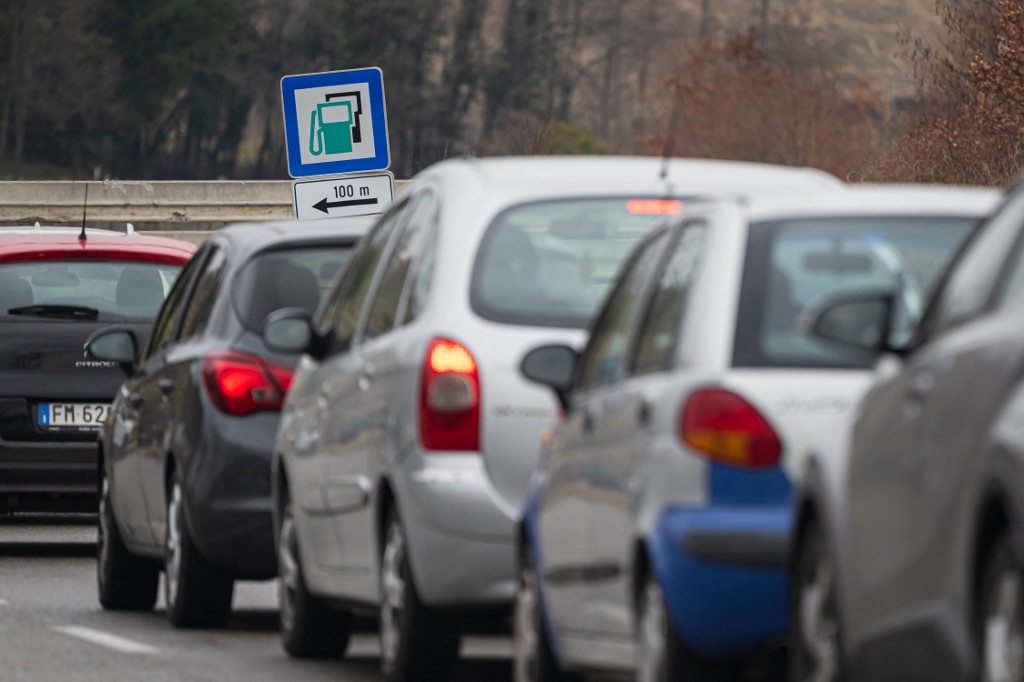
The major motorways connecting the north of the country to the south, including the A1 Milan-Naples, A14 Bologna-Taranto and A24 Rome-Teramo, are the most likely to experience heavy traffic on Friday, Saturday and Sunday as many Italians will return to their hometowns to spend time with family and friends.
But state roads connecting major cities to popular holiday hotspots in the Alps and Apennines may also see some significant congestion on Friday and Saturday.
Overall traffic conditions should improve on Christmas Day and Boxing Day, as most people will have already reached their destinations by then.
If you’re planning on travelling in the coming days, there are a number of resources that you can use to keep up to date with the latest developments on the road, including this live map from motorway company Autostrade per l’Italia showing road closures and traffic jams as well as the locations of the nearest petrol stations and service areas.
Finally, it’s worth reminding that all vehicles circulating on Italian roads at this time of the year must be equipped with winter tires or, alternatively, have snow chains “on board”. Those flouting the requirement face fines of up to 338 euros.

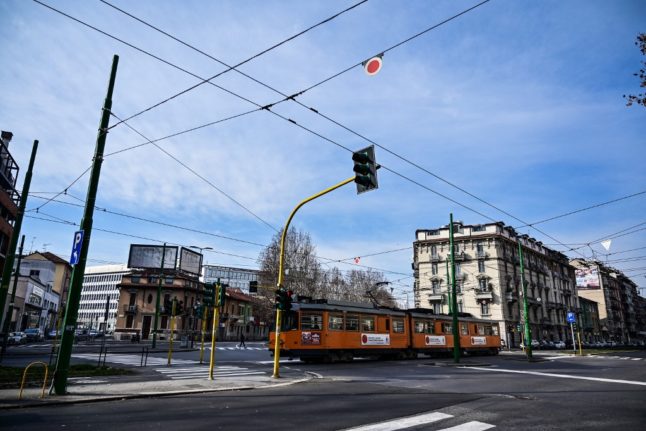
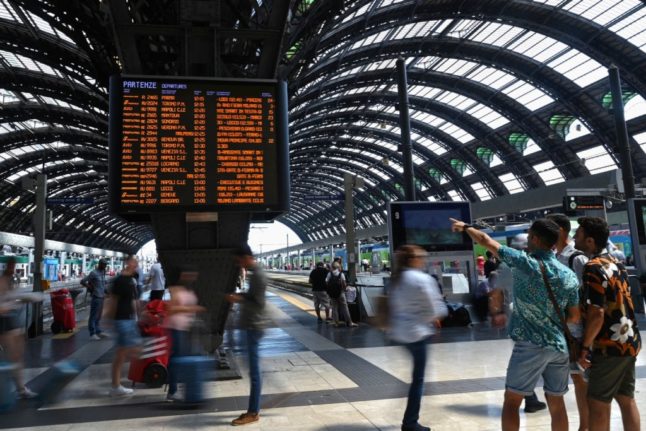
 Please whitelist us to continue reading.
Please whitelist us to continue reading.
Member comments